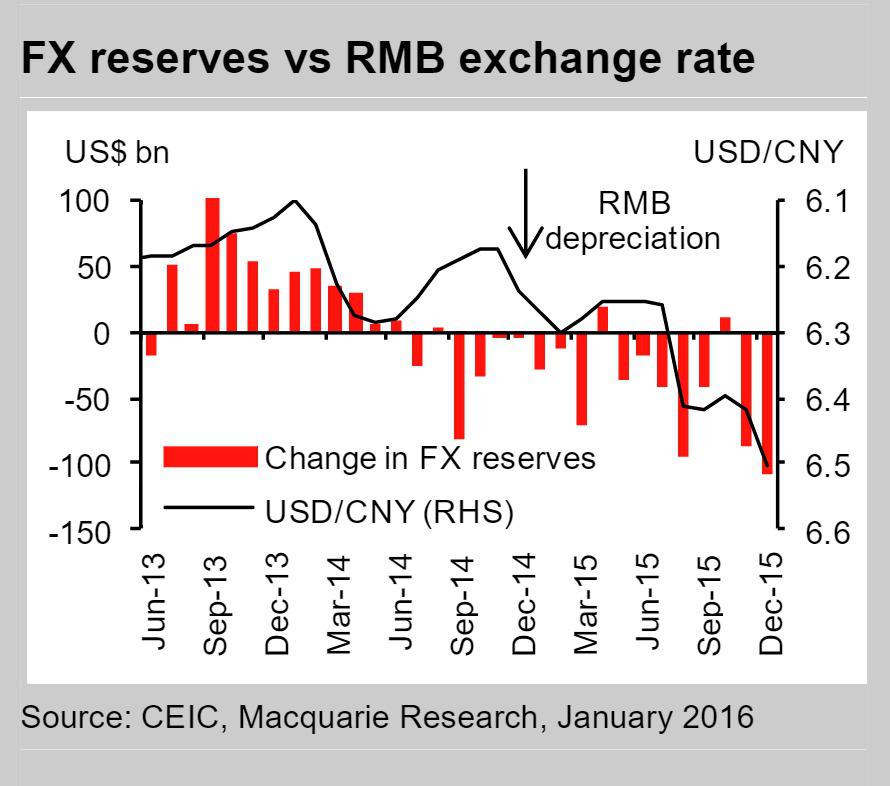 Click to enlarge
Click to enlarge
Markets in chaos amid widespread China fears
 Click to enlarge
Click to enlarge
Dillon Hess
|
11 January, 2016, 01:00
Recommended
- Netflix internet TV network available in Serbia
- String of Storms Hitting California Due to Strongest El Niño on Record
- Azim Premji 'Most Generous Indian' for Third Year Running
- Chinese markets open higher after day's suspension
- Faraday Future Unveils 1000HP Concept Car, Investing $1 Billion On EV Facility
- Corps expects to open spillway to divert river water
- Jennifer Lawrence up for Best Actress in 'Joy'
- Great idea for horror film gets lost in 'The Forest'
- Callaway Cranks Out The 2016 SC600 Chevy Camaro
- Target collaborates with SoulCycle for a line of basic clothing, free classes
- VW exec sees US fixes soon in emissions test cheating
- Miss Columbia Agrees to a Sit Down With Steve Harvey
- Bill Belichick throws his support behind Chip Kelly the GM
- Mitt Romney: Ted Cruz 'natural born citizen'
- Manchester City on title track, believes Pellegrini
Trending Now
Dont Miss
Popular destinations
- Best Non Gamstop Casino
- Non Gamstop Sites
- Casino Not On Gamstop
- Casino Not On Gamstop
- Casino Online Non Aams
- Non Gamstop Casinos
- Sites Not On Gamstop
- Non Gamstop Casinos Uk
- Sites Not On Gamstop
- Non Gamstop Betting Sites
- Best Online Casino Canada
- Online Casinos Not On Gamstop
- オンラインカジノ 一覧
- Mejores Paginas De Poker
- Gambling Sites Not On Gamstop
- Casinos Not On Gamstop
- UK Casinos Not On Gamstop
- Non Gamstop Casino Sites UK
- Slots Not On Gamstop
- UK Online Casinos Not On Gamstop
- UK Casino Not On Gamstop
- Meilleur Casino En Ligne France
- Meilleur Casino En Ligne
- Casino Not On Gamstop
- Bookmaker Not On Gamstop
- Casino Non Aams
- Meilleur Casino En Ligne Belgique
- Jeux Casino En Ligne
- Casino Online Esteri
- カジノ 仮想通貨
- Casino Live
- I Migliori Siti Poker Online
- Casino En Ligne Avis
- Migliori Casino Non Aams
- 코인카지노
- Casino En Ligne Français
- Nouveaux Casino En Ligne
- Casino En Ligne France
- Casino En Ligne France
